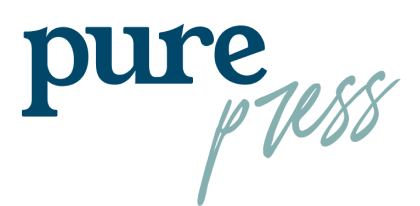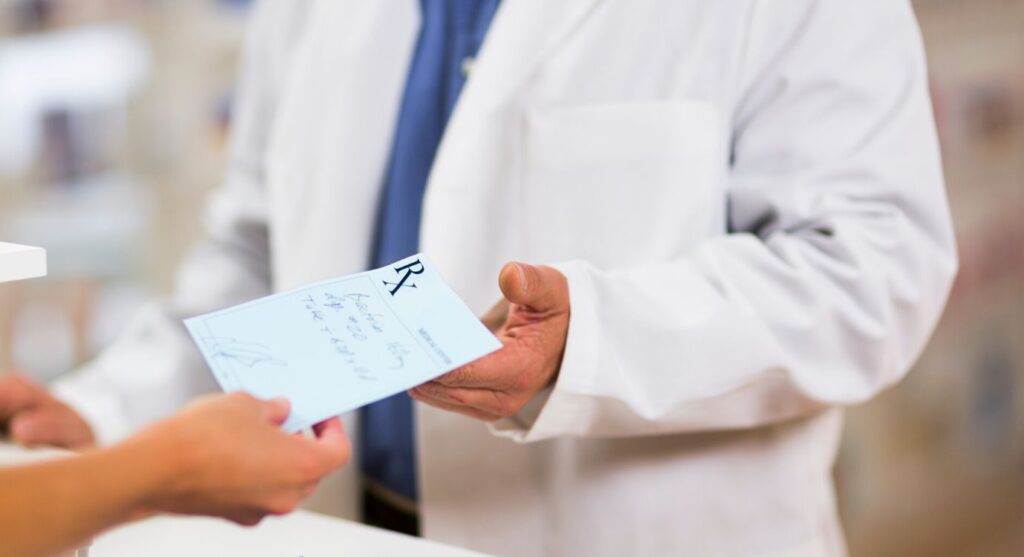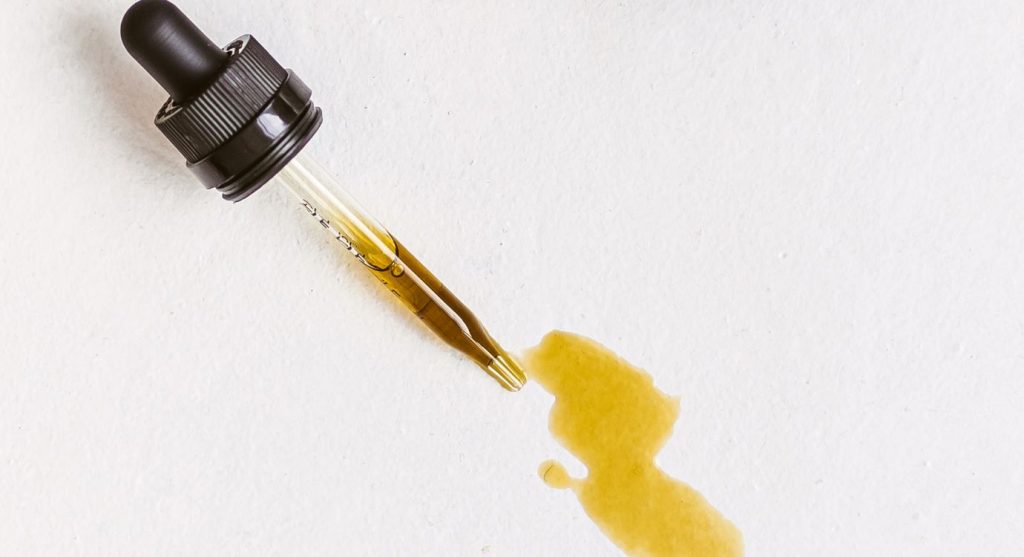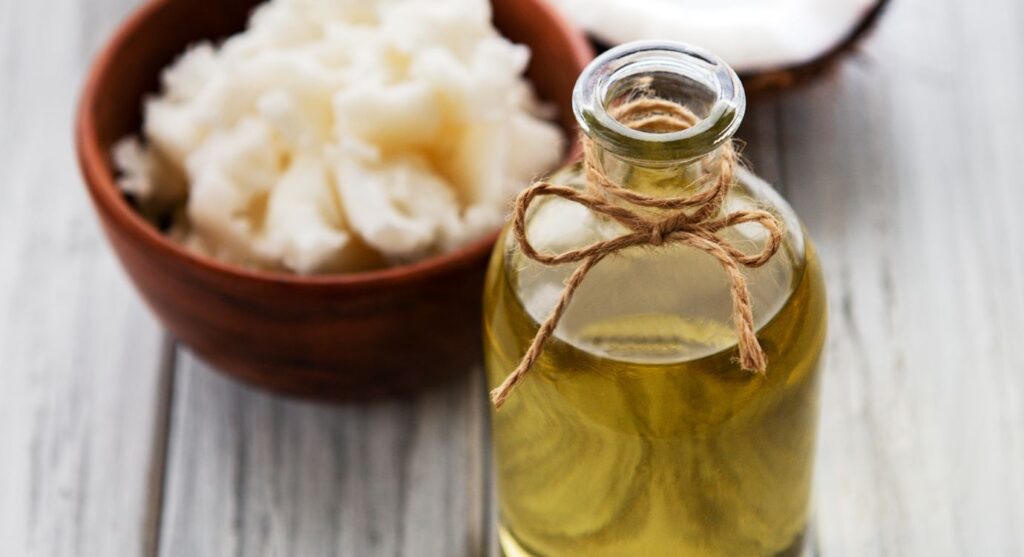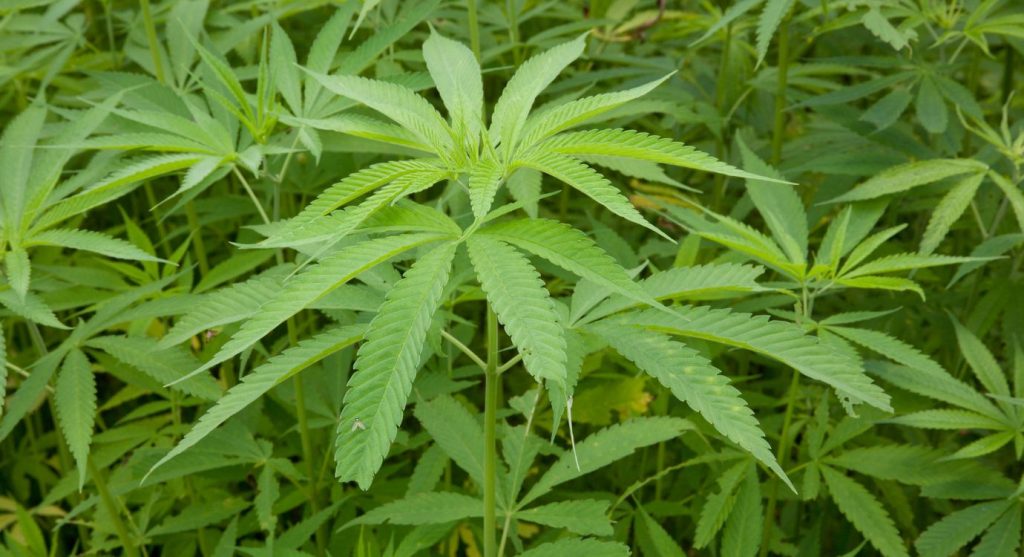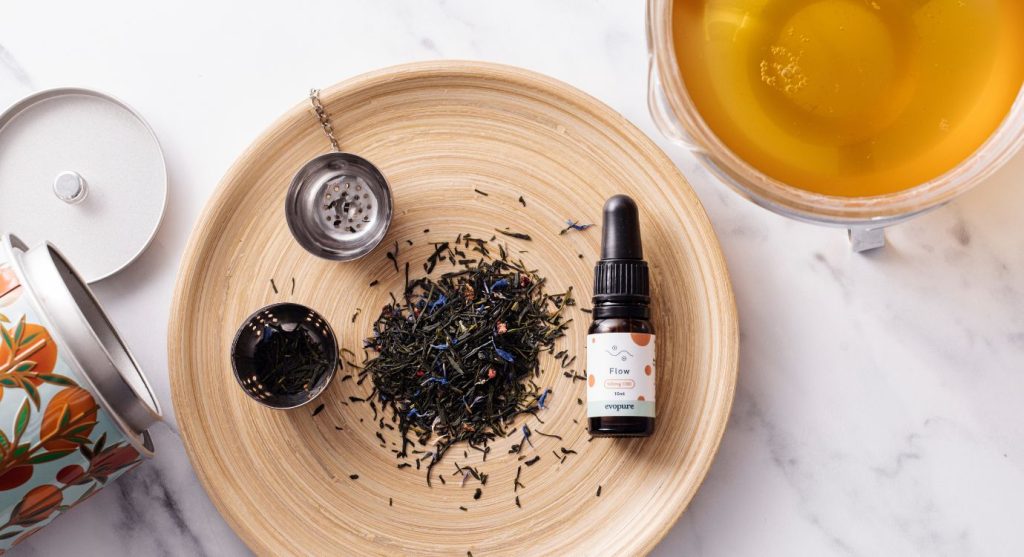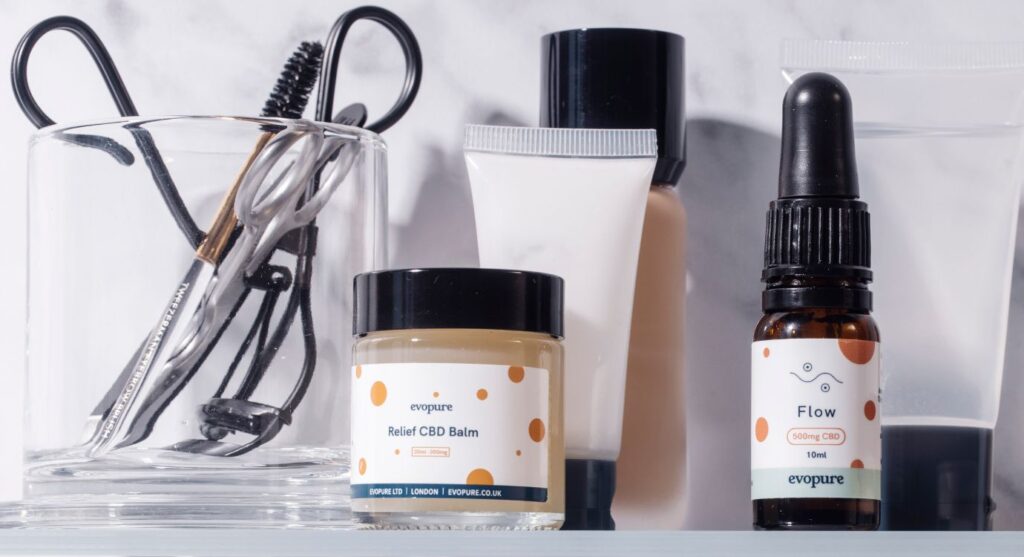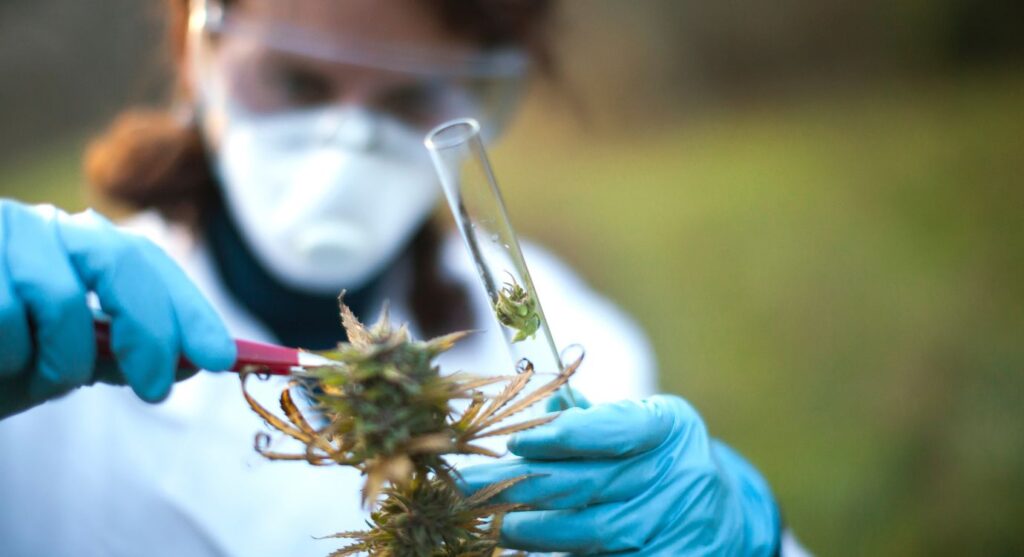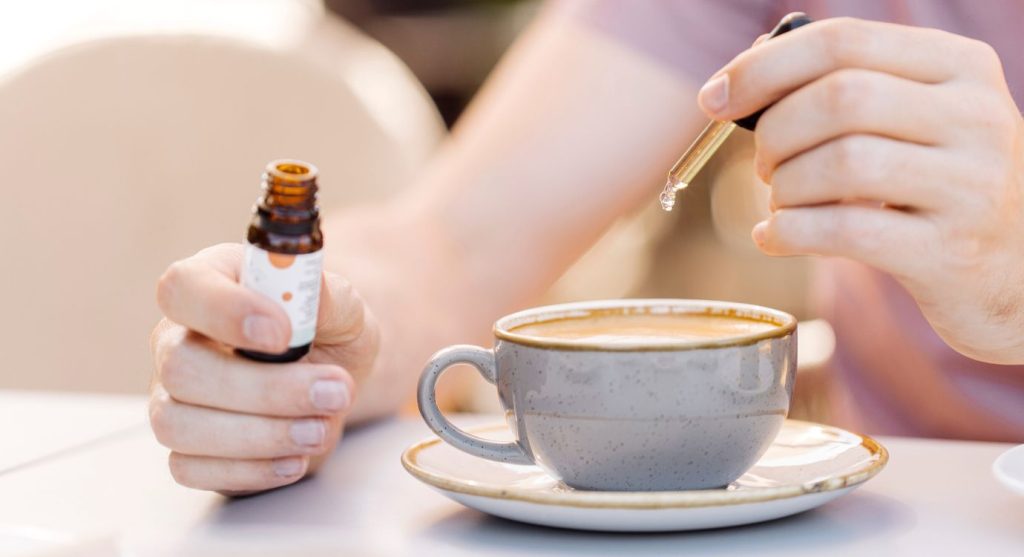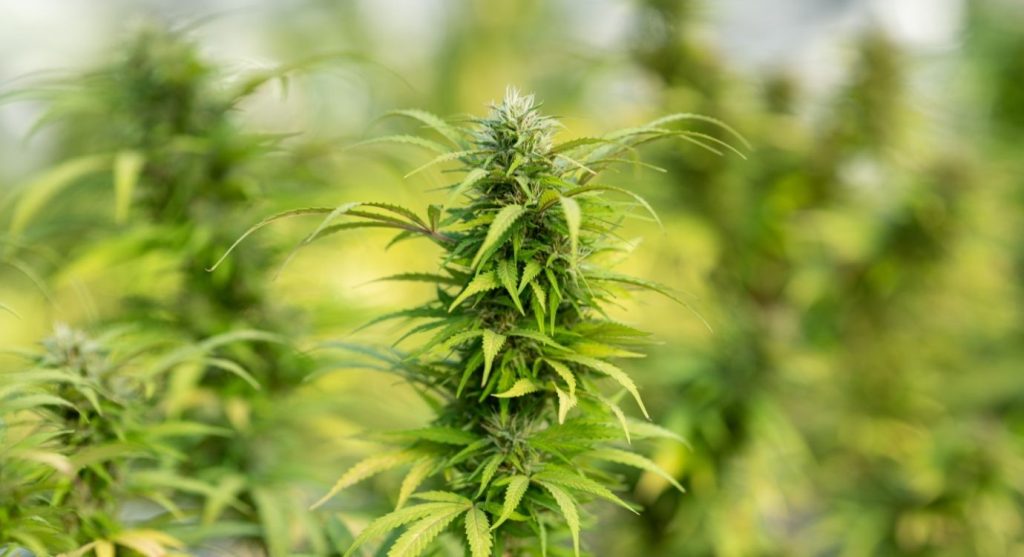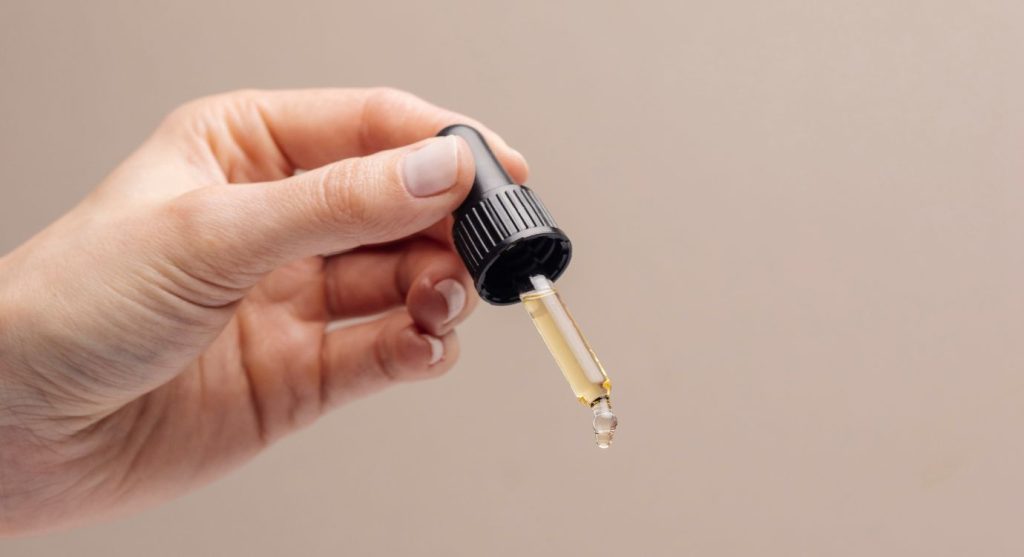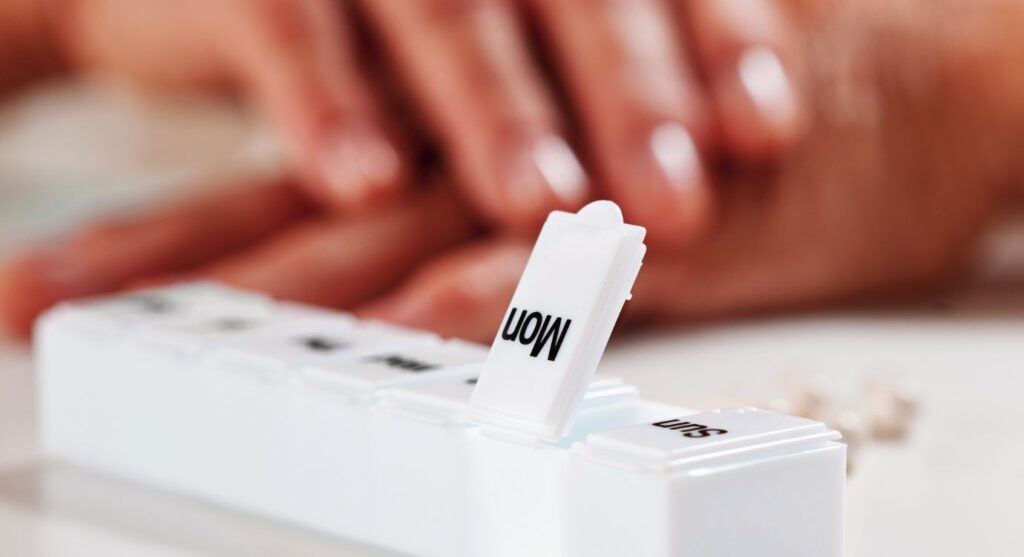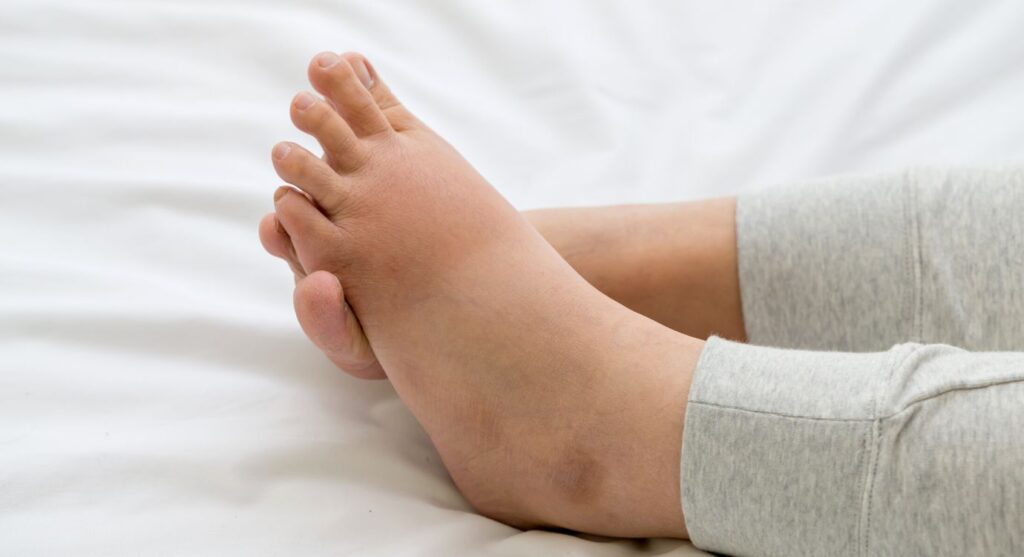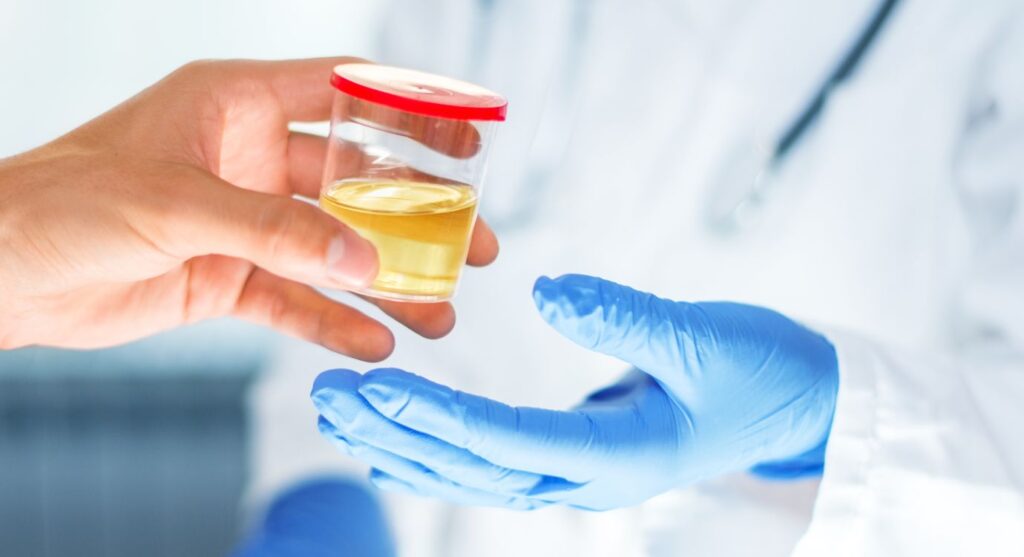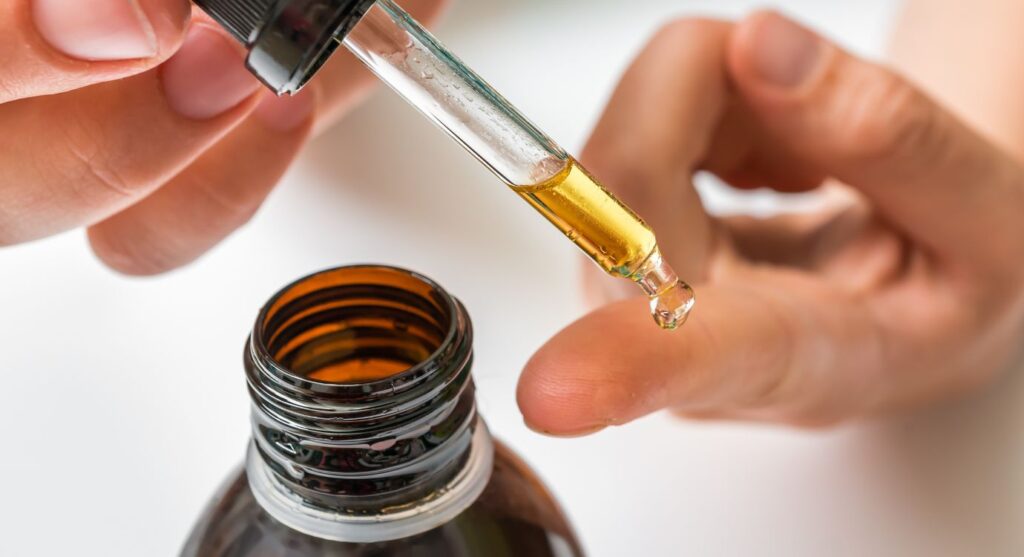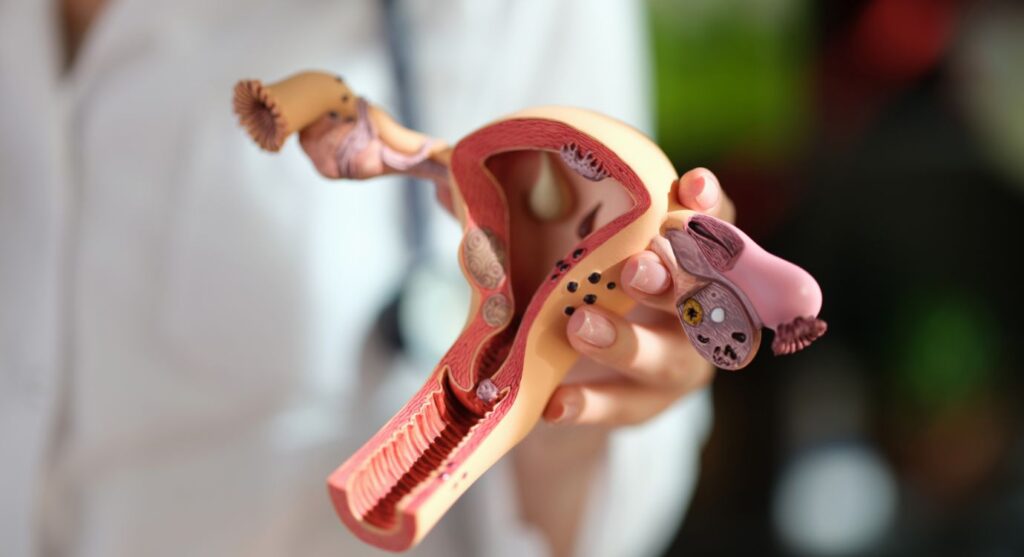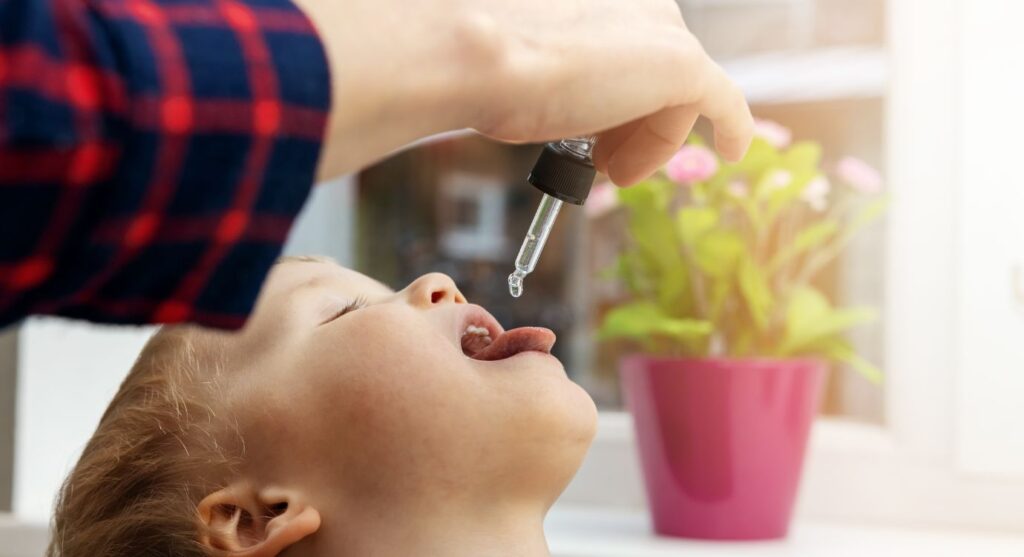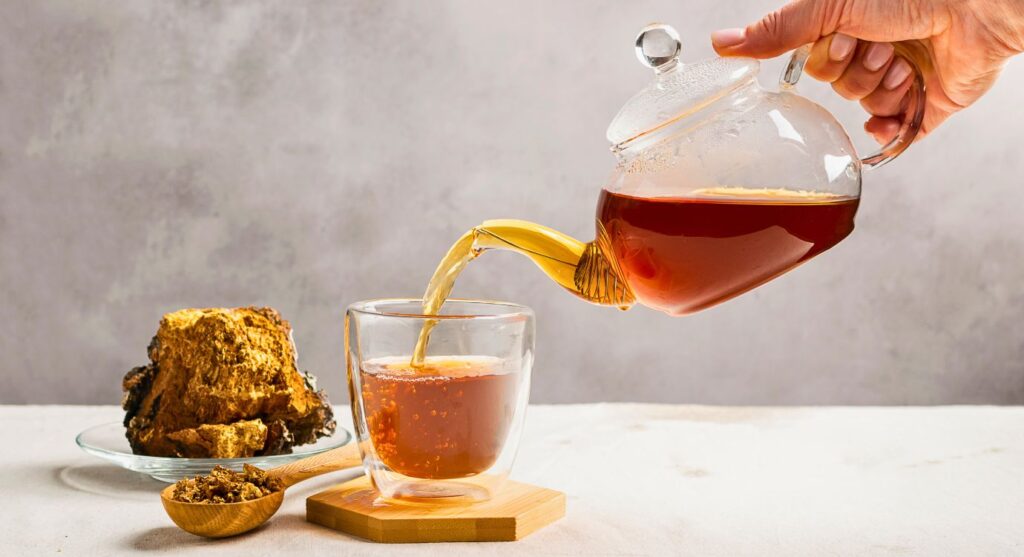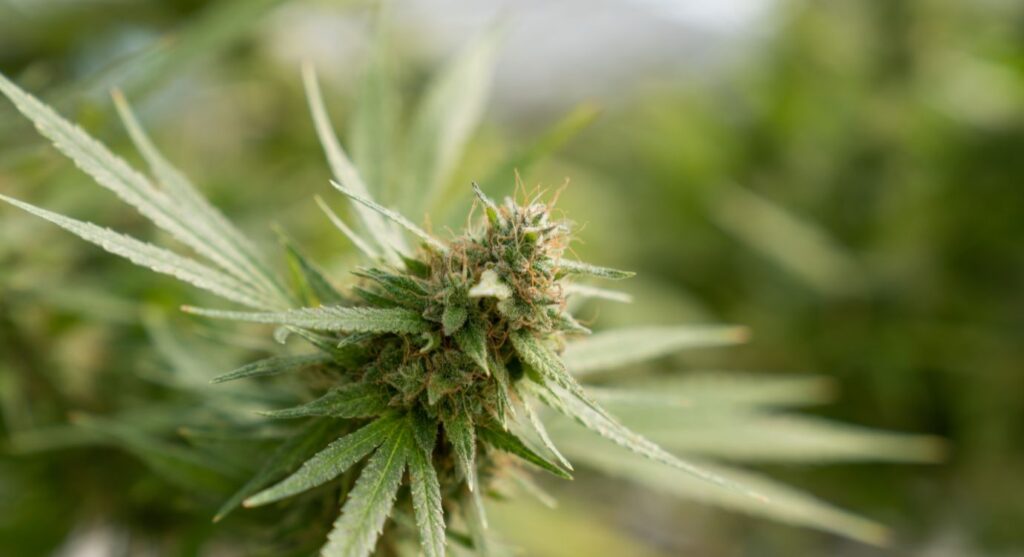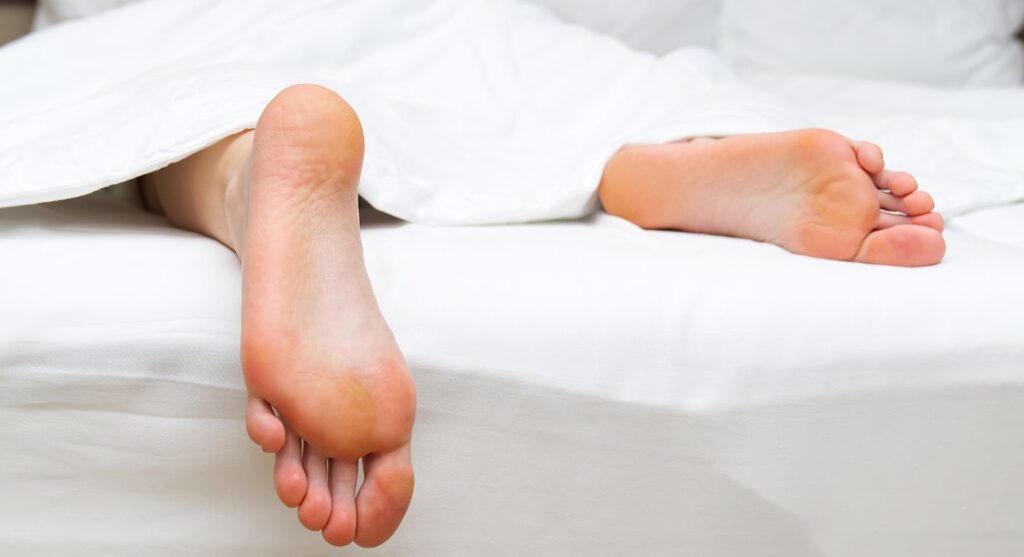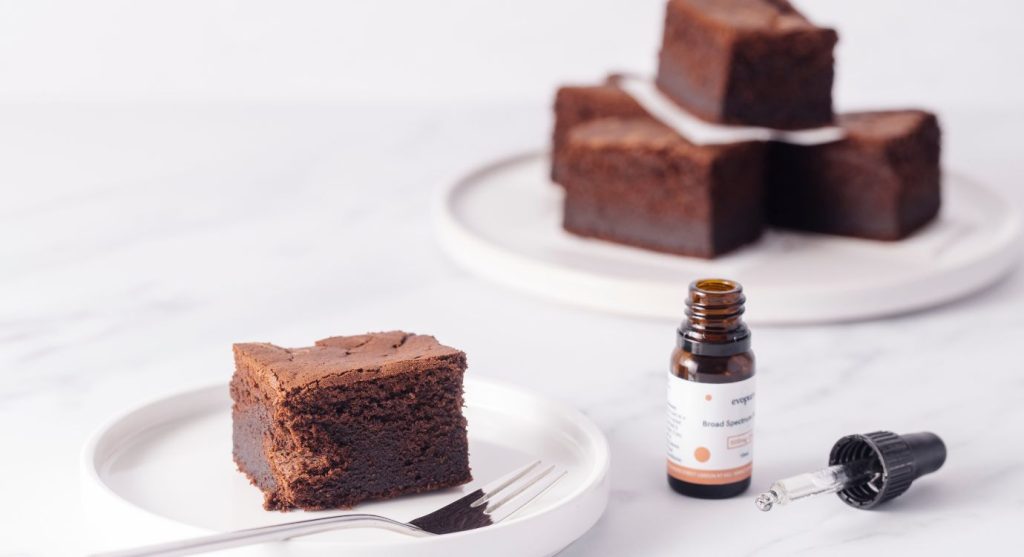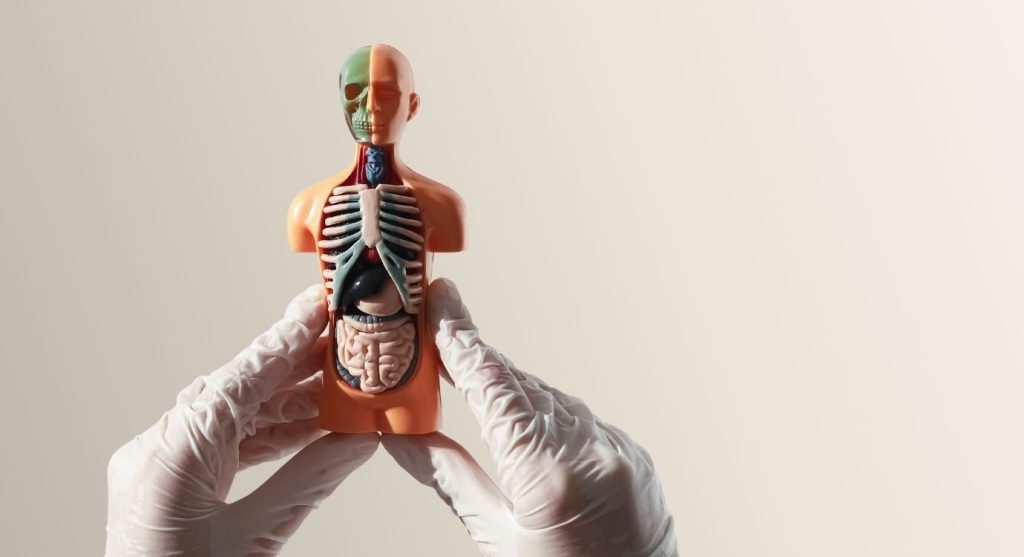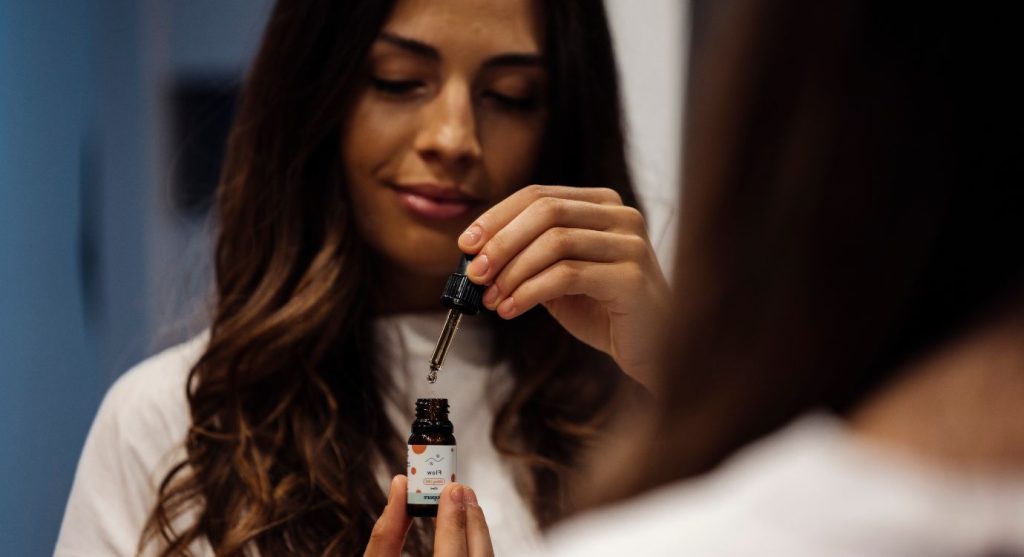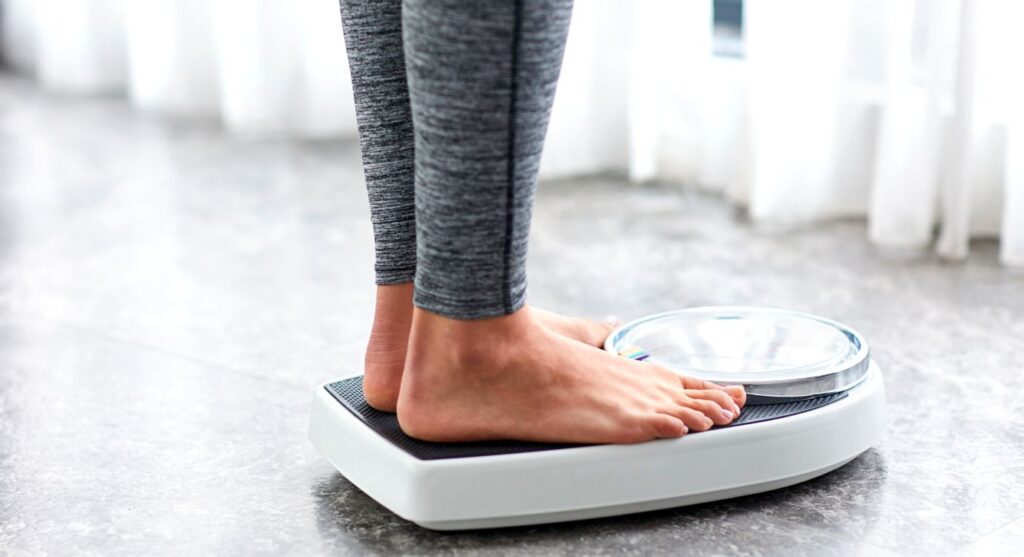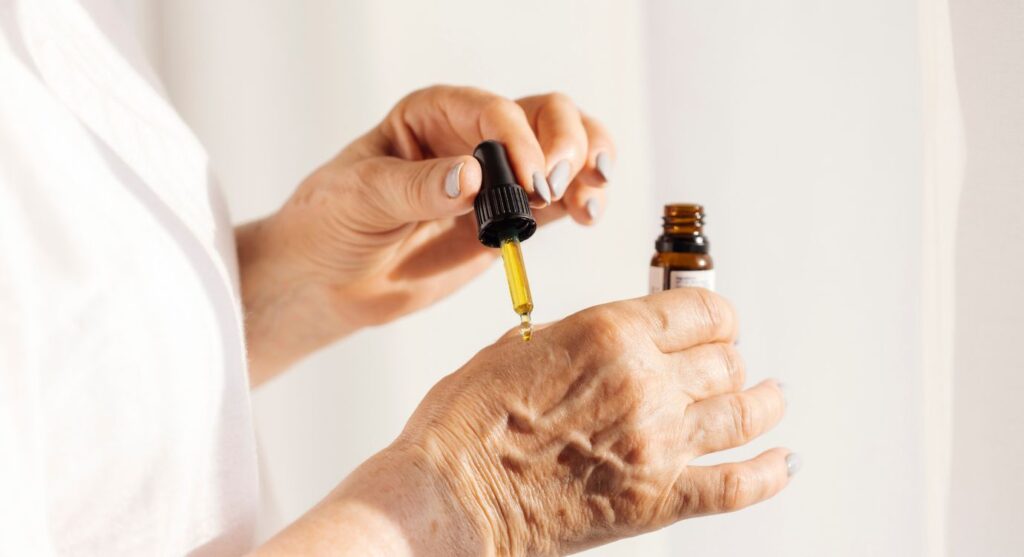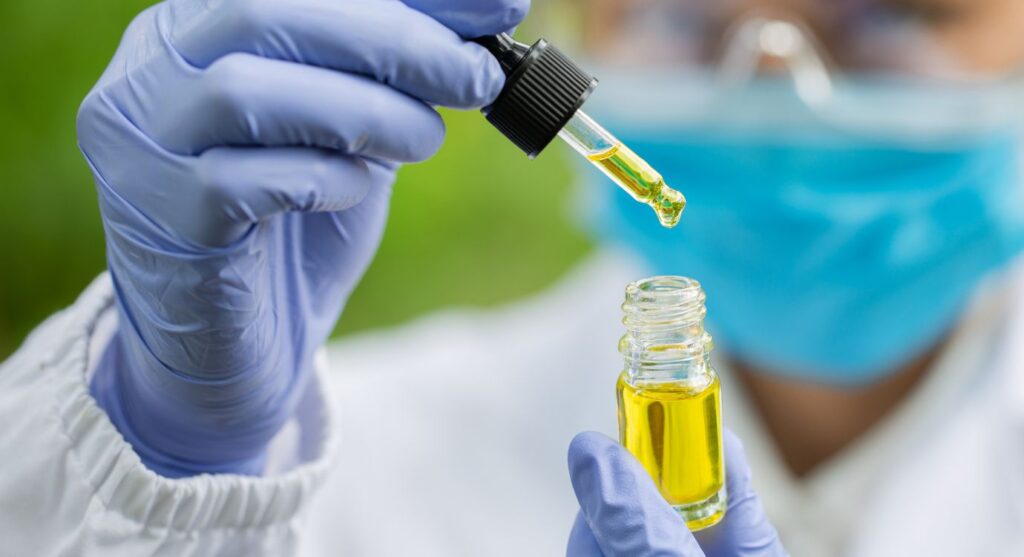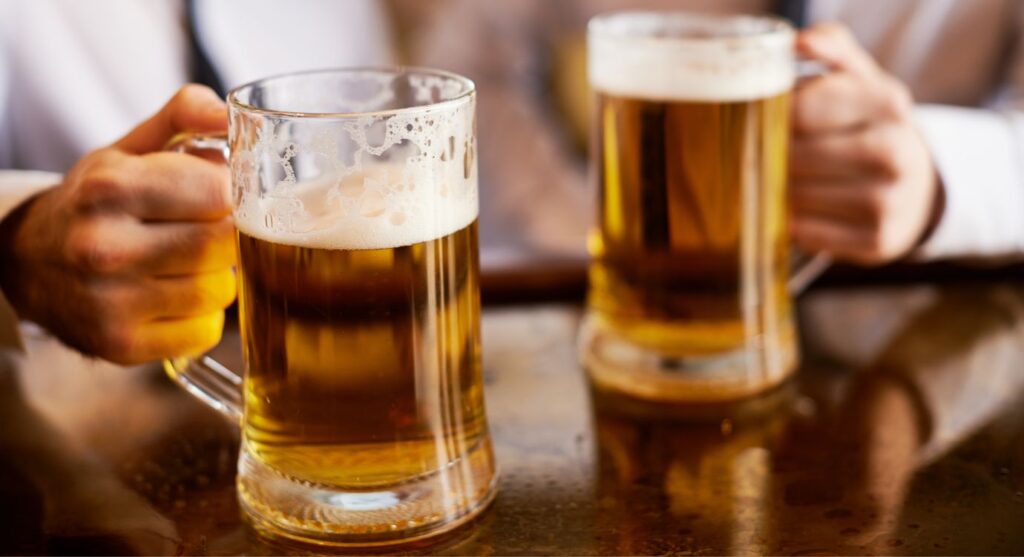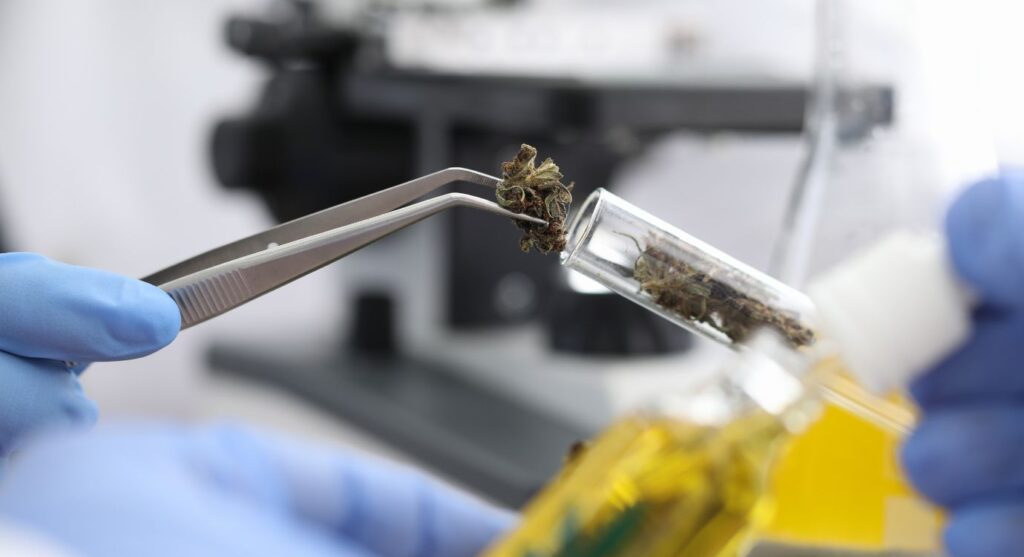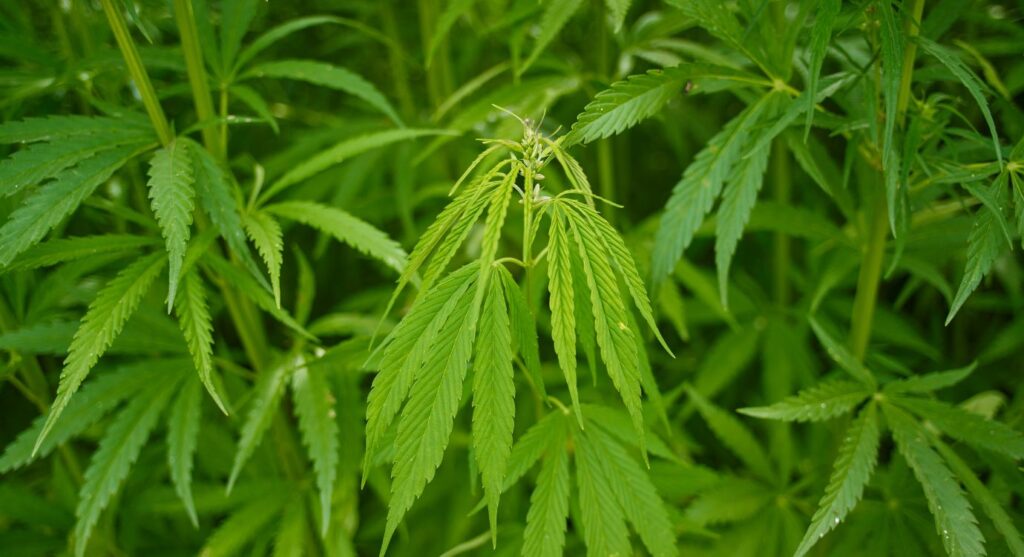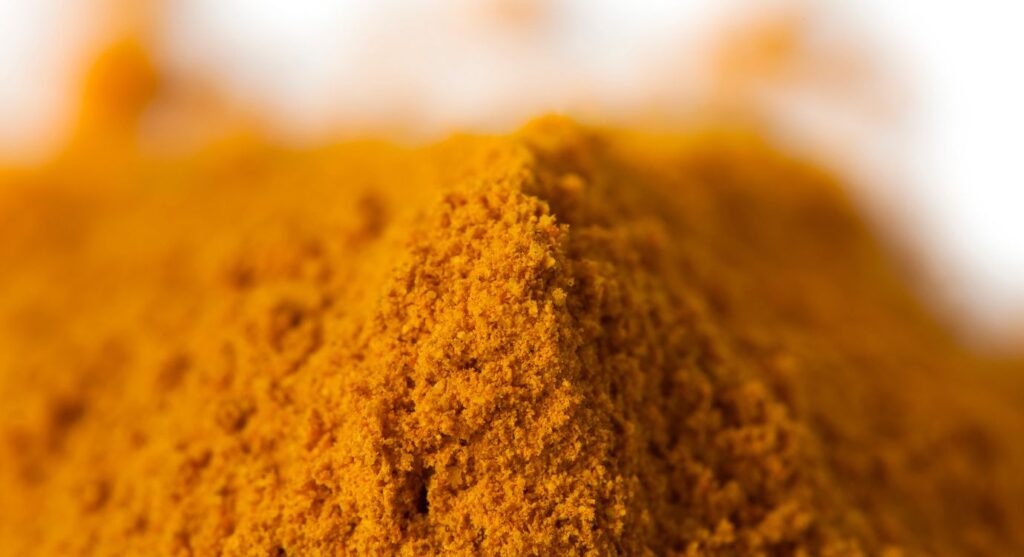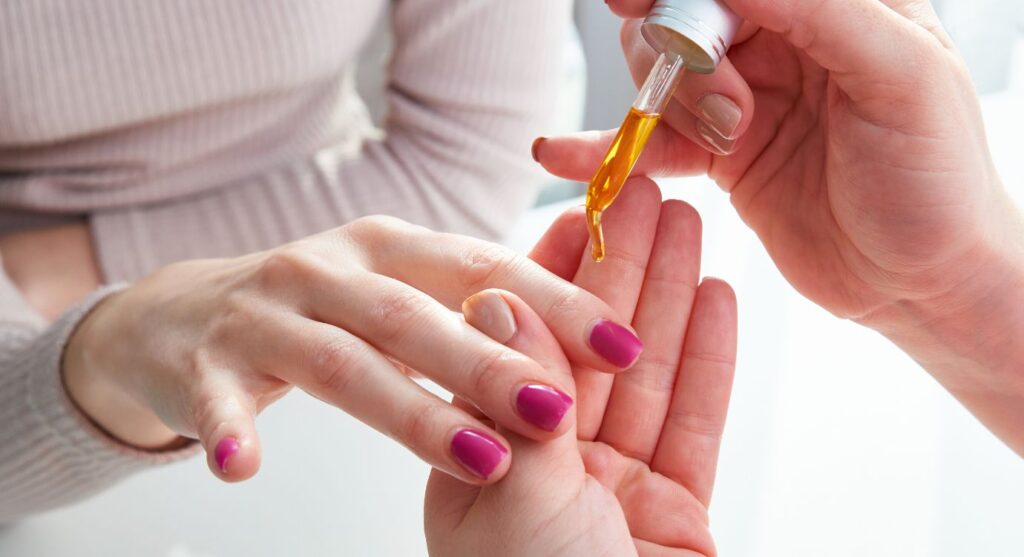CBD products, like the ones sold by Evopure, can be bought freely up and down the country. They’re perfectly legal, and there’s no need for a prescription. You can even pick up CBD oils from the likes of Boots and Holland & Barrett.
But, there is such a thing as prescription CBD (also known as Rx CBD), which can only be obtained via an authorised clinician.
Understandably, many people are confused as to how these products differ.
Surely, CBD is CBD?
And, if there’s a prescription option, is over-the-counter CBD effective?
Here, we explore:
- The difference between medical CBD and regular CBD
- Is medical CBD stronger than regular CBD?
- What is non-prescribed CBD oil useful for?
In this guide:
What evidence is there for shop-bought CBD?
There’s been talk in the press lately about how there’s “no evidence for shop-bought CBD”.
If they’re looking for studies specifically about a form of CBD only sold in shops, they’re right – there’s none of that.
There aren’t any studies that are specific to over-the-counter CBD products. It’s just the studies looking at CBD in general, of which there are many! Thousands, in fact.
This is because the CBD molecule is the CBD molecule, regardless of whether it’s used in over-the-counter products or prescription medication.
It’s been proven time and again in research performed across the globe that the CBD molecule possesses multiple pharmacological actions. These include: supporting the endocannabinoid system and activating serotonin, dopamine, vanilloid and GPR55 receptors.
Through these effects, CBD has been heavily researched for its potential to exert anti-inflammatory, neuroprotective, analgesic, anti-convulsant, muscle relaxant and even antipsychotic effects, as well as many others.
This is why there are now so many medical patents for CBD, a range of other cannabinoids, and a variety of CBD oil products available as medicine on prescription.
Read more: Benefits of CBD
What’s the difference between medical CBD and regular CBD?
Although chemically speaking, CBD is CBD; there are a few differences between medical CBD and regular CBD.
Over-the-counter CBD products are not medicines. They are regulated as novel food supplements, so they must meet the Novel Food standards set by the Food Standards Agency (FSA).
Rx CBD is officially a medicine, so it needs to meet those standards set by the Medicines and Healthcare products Regulatory Agency (MHRA).
Therefore, while brands need to ensure that shop-bought CBD products meet Novel Food standards, they don’t have to meet the same medical standards as Rx CBD.
That’s not to say that no over-the-counter CBD oils technically meet the medical standard. They just don’t have to.
In fact, some shop-bought CBD products are recommended by the Medical Cannabis Clinicians Society as an alternative to prescription CBD products.
Read more: Medical Cannabis UK
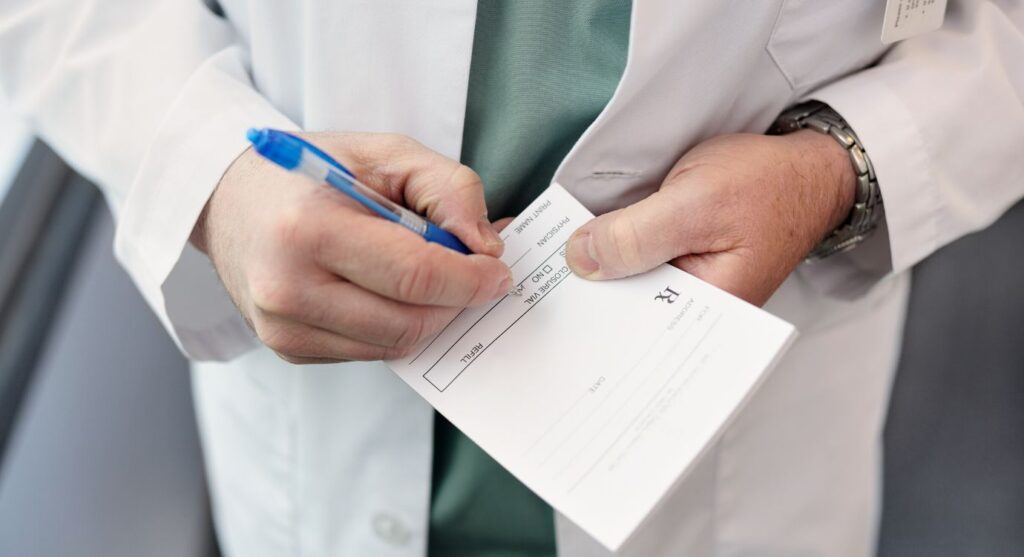

Is medical CBD stronger than regular CBD?
When it comes to CBD strength, the dosage is a critical factor to consider.
As set by the FSA, the recommended dose for ‘regular’ CBD oil is 70mg per day.
This is considerably lower than the doses used in most CBD studies. For example, the lowest dose prescribed and trialled for insomnia is 160mg and 150mg for anxiety.
When exploring the therapeutic application of CBD oil, study participants are usually given 100s of milligrams to show a significant impact on conditions and symptoms.
This doesn’t mean the CBD oil in over-the-counter products is molecularly different to the CBD used in Rx CBD; it just means much higher doses are prescribed as medical treatment.
You can get that same dose from over-the-counter CBD; it’s just not recommended you use that.
It’s worth noting that CBD, and cannabis as a whole, are very dose-dependent.
More doesn’t necessarily equate to a better or stronger effect. For example, studies looking at using CBD for anxiety found a positive impact at 300mg but no significant difference from a placebo of 600mg.
This is why, for people addressing medical needs, it can be more effective to use prescribed CBD oil under clinical guidance. You could, of course, just do the research yourself, but that’s not recommended.
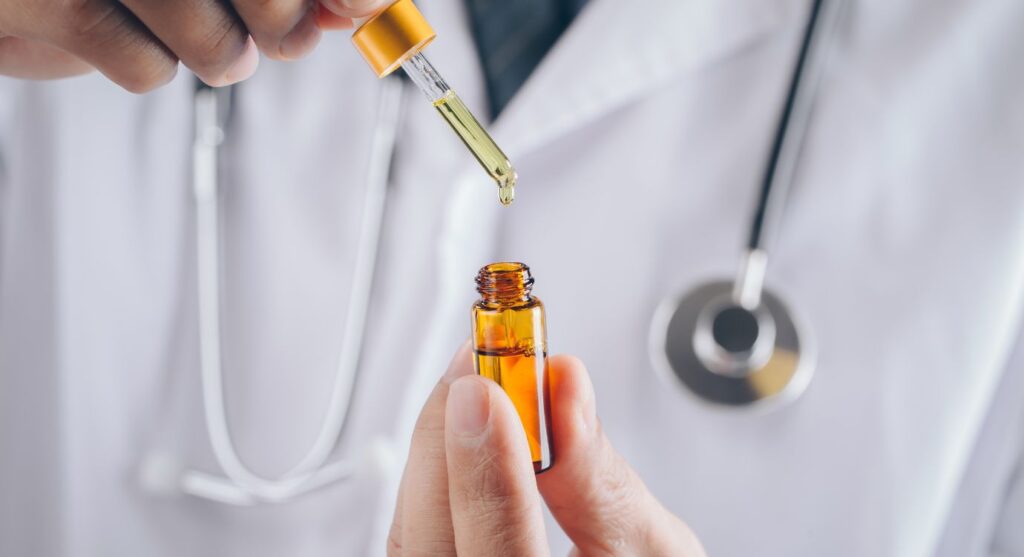

Are there different levels of CBD?
When buying shop-bought CBD, there are three types of CBD to choose from
- CBD isolate: This is just the CBD molecule usually suspended in an oil carrier.
- Broad-spectrum CBD: This CBD contains a low range of cannabinoids and terpenes.
- Full-spectrum CBD: The CBD contains terpenes and a range of cannabinoids, including a very, very low level of THC.
You can read CBD lab reports, which often show the cannabinoid content, and choose a product you feel is suited to your needs based on that.
But this can be very confusing for customers new to CBD oil, and, of course, the content can’t be tailored to your needs. Also, while CBD is legal in the UK, THC is illegal unless prescribed; you won’t get anything containing this molecule above the minimal dose.
When being prescribed CBD oil, it can be titrated and mixed with THC in whatever dose your clinician feels is appropriate for your needs. That could be a 20:1 THC/CBD ratio, akin to the levels of THC you might find in cannabis bought from the black market, or a very small amount, like 1:100, similar to that of OTC full-spectrum oil.
THC is known for being a highly therapeutic molecule and essential for treating many conditions with cannabis, like retractable epilepsy and chronic pain, which is why some might not see much benefit from OTC CBD oil but a lot from Rx CBD oil.
10% off on your first order
Complete this one-minute quiz and find the right products for you.
What is non-prescribed CBD oil useful for?
In the right doses and when used correctly, non-prescribed CBD oil is generally recommended to ‘maintain balance’.
Anecdotally, many people say they use it to help manage anxiety, stress, sleep and inflammation.
Read more: CBD for sleep
Does high street CBD vary in quality and usefulness?
High street CBD products do vary wildly in quality and usefulness, but they all have to meet strict FSA standards to be sold legally.
There is some regulation in terms of safety and quality, just not efficacy.
Keep in mind that it’s not just the oil itself that dictates whether or not a product is good – there’s also the method of taking CBD oil, additional ingredients, bioavailability and more.


Final words on prescription CBD vs over-the-counter CBD
Is over-the-counter CBD oil or prescription CBD oil right for you?
It’s important to remember that high street CBD products are not intended to cure or treat any condition or disease. These oils are intended for use as a daily food supplement to help promote wellness.
Whether you choose to use it differently is entirely down to you. But, if you have a health concern, it’s always best to visit your doctor and consider trying prescription CBD, or medical cannabis, under clinical guidance instead.

